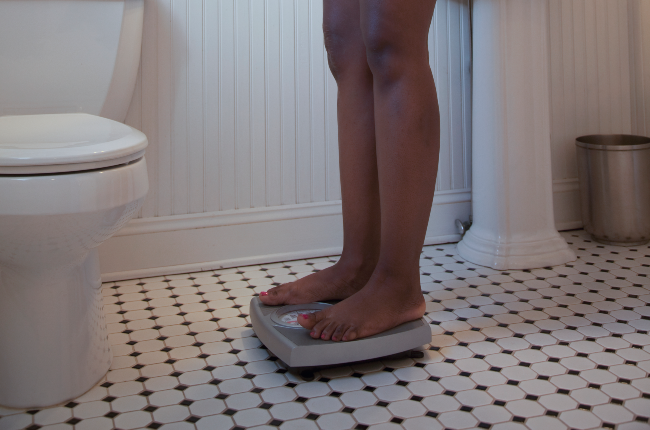
- A study found a link between obesity and heavy menstrual bleeding
- The study included women and mice
- Researchers hope that these findings can open ways to treat heavy periods in obese women
New research has found that obesity in women is linked to heavier periods and may cause delayed repair of the womb lining.
The study published in the Journal of Endocrinology examined how body mass index (BMI) may affect womb function during menstruation in humans and mice.
Finding the impact of BMI on menstruation
The researchers measured the BMI and menstrual blood loss of 121 women with regular menstrual cycles. The women were attending gynaecology clinics and were not taking any hormone medications.
Some of the mice in the study were fed a regular diet while others were put on a high-fat diet before the scientists simulated menstruation. The ones on a high-fat diet weighed significantly more than those on a normal diet.
The impact of obesity on the womb
The study suggests that there is a link between higher body weight and greater menstrual blood loss. This may result in increased inflammation in the womb lining, delaying its repair.
"Our findings suggest that women with obesity may experience heavier periods due to increased local inflammation and delayed repair of their womb lining. It would be really interesting to investigate the reasons behind this to further our understanding of womb function in the presence of obesity and develop more effective, evidence-based treatments,” says study author Dr Jacqueline Maybin in a news release.
The mice study yielded similar results. After menstruation, the mice on a high-fat diet also showed delayed repair of the remaining womb lining in comparison to mice on a normal diet.
The researchers believe that this study will open up new paths for how weight loss and anti-inflammatory medications may be useful interventions for the treatment of heavy periods in women with obesity.
“Although it is difficult to make strong recommendations based on this study alone, a common-sense approach would be to offer weight-loss support to women with a high BMI experiencing heavy periods. However, this should not replace the investigation and treatment of other underlying causes for heavy bleeding (e.g. fibroids, bleeding disorders and cancer). This should form part of personalised treatment recommendations to be considered by both patients and doctors," Maybin says.
READ| Pilot study finds that injecting men with progesterone may improve Covid-19 outcomes




 Publications
Publications
 Partners
Partners












